
Pop Quantum
The word “quantum” is quickly creeping into the lexicon of American culture. But what does it actually mean? And what does Chris Nolan get right that Marvel gets wrong? Members of the Duke Quantum Center have answers.
Scroll to listen to episodes and read transcripts. Subscribe through Apple Podcasts or Spotify.
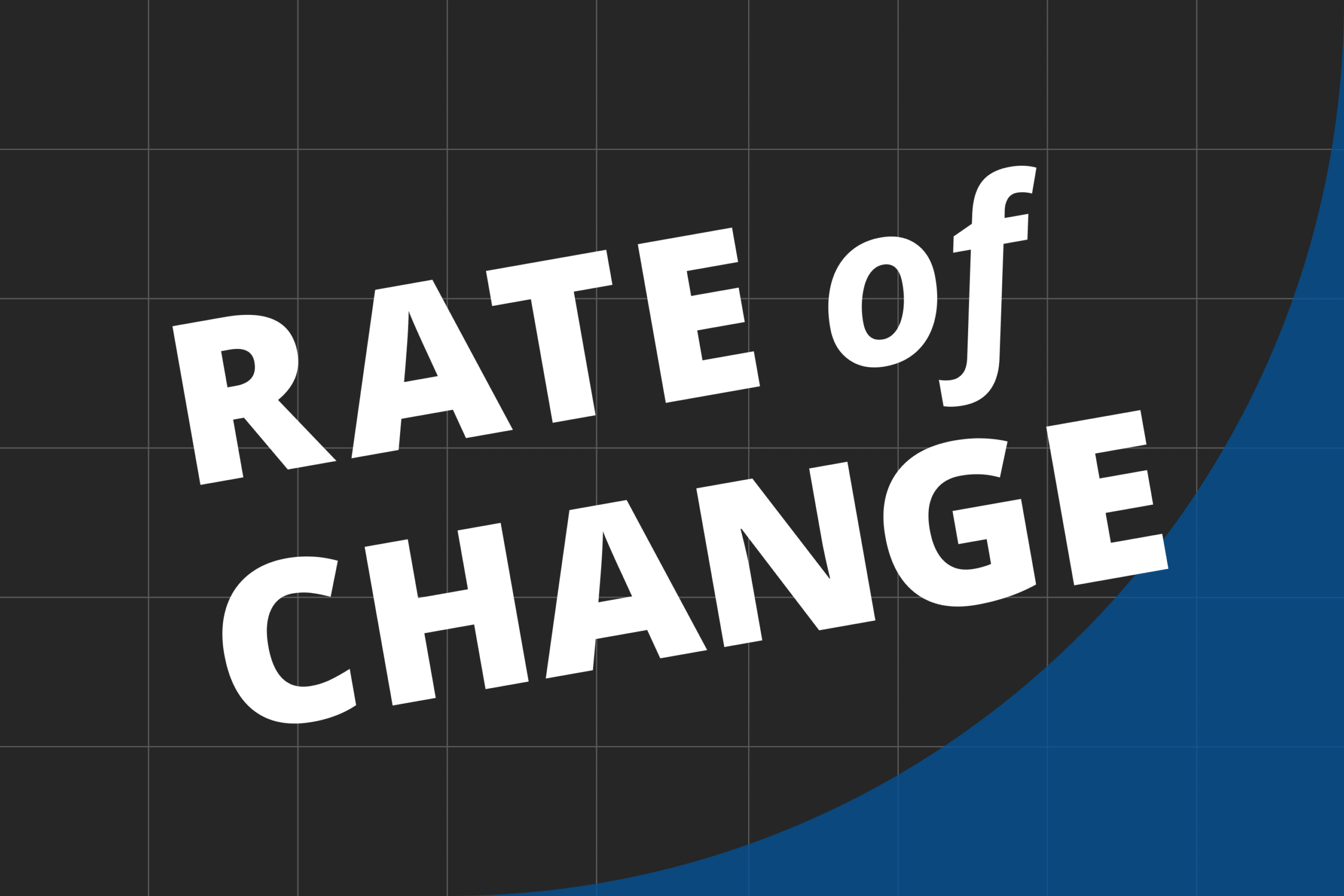

The word “quantum” is quickly creeping into the lexicon of American culture. But what does it actually mean? And what does Chris Nolan get right that Marvel gets wrong? Members of the Duke Quantum Center have answers.

When Becky Simmons first got to Duke in the 1990s, she wouldn’t have guessed it then, but a future awaited her that included graduate school, a husband, two daughters, professorship and ties that would bind them all to Duke for decades.

Jamal chats with Ernesto Escobar, Executive Director of the Game Design, Development and Innovation Master’s Program, and founder of Fanaticus XR. They explore the positive impact of video games, debunk misconceptions, and discuss the importance of diversity and inclusivity in gaming.

Take a deep dive into the flashiest secrets of this common but little understood natural phenomenon with leading researcher Steve Cummer.
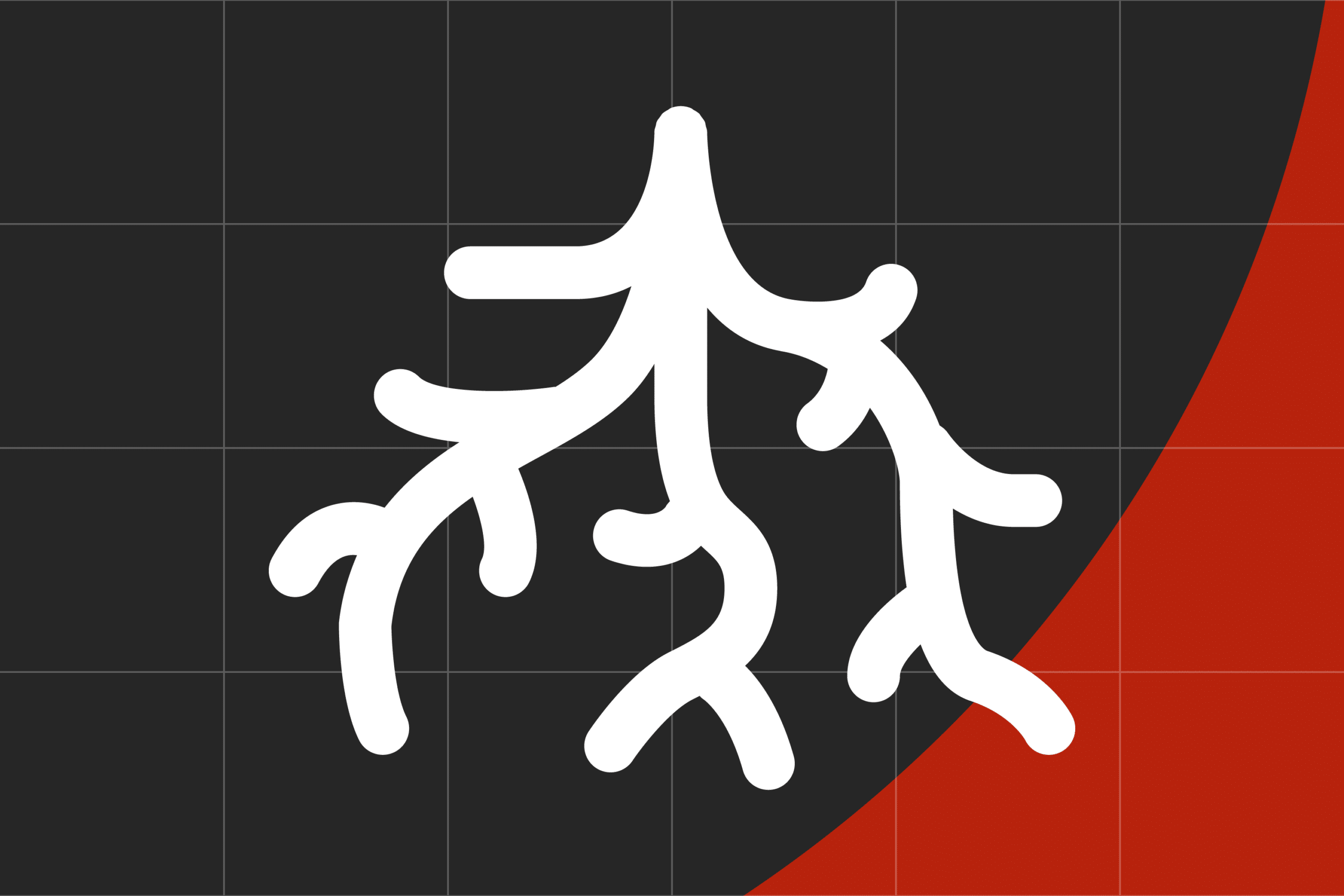
MEMS professor Adrian Bejan escaped through the Iron Curtain to pursue his dreams. Listen to discover how his freedom led him to formulate constructal theory, which connects physics to evolution through the freedom of change.
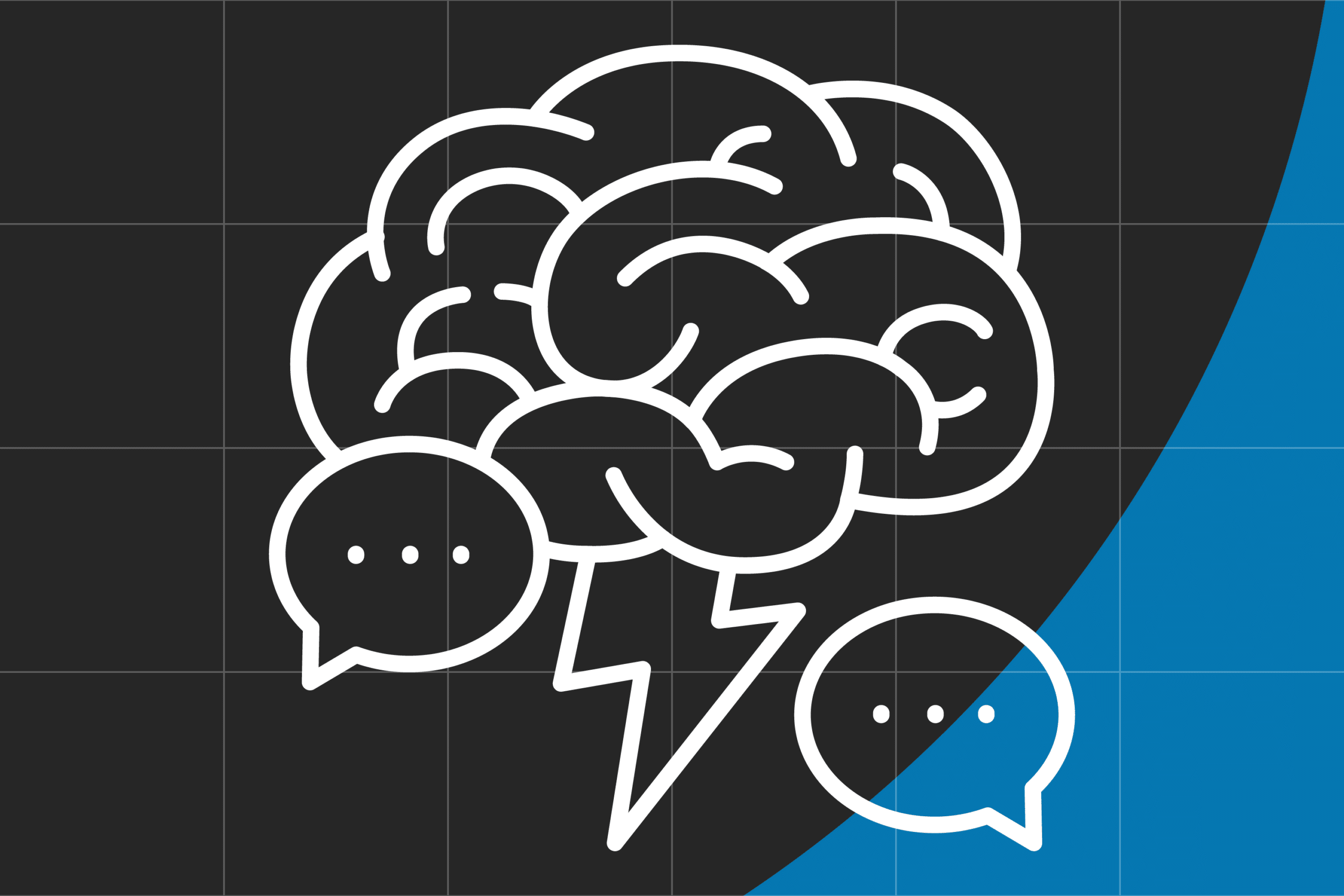
She’s an analyst. He’s an algebrist. She loves displays of unbridled creativity; he has journaled every day for thirty years. Between the two of them, Duke power couple Ingrid Daubechies and Robert Calderbank have changed the way society shares and processes information.
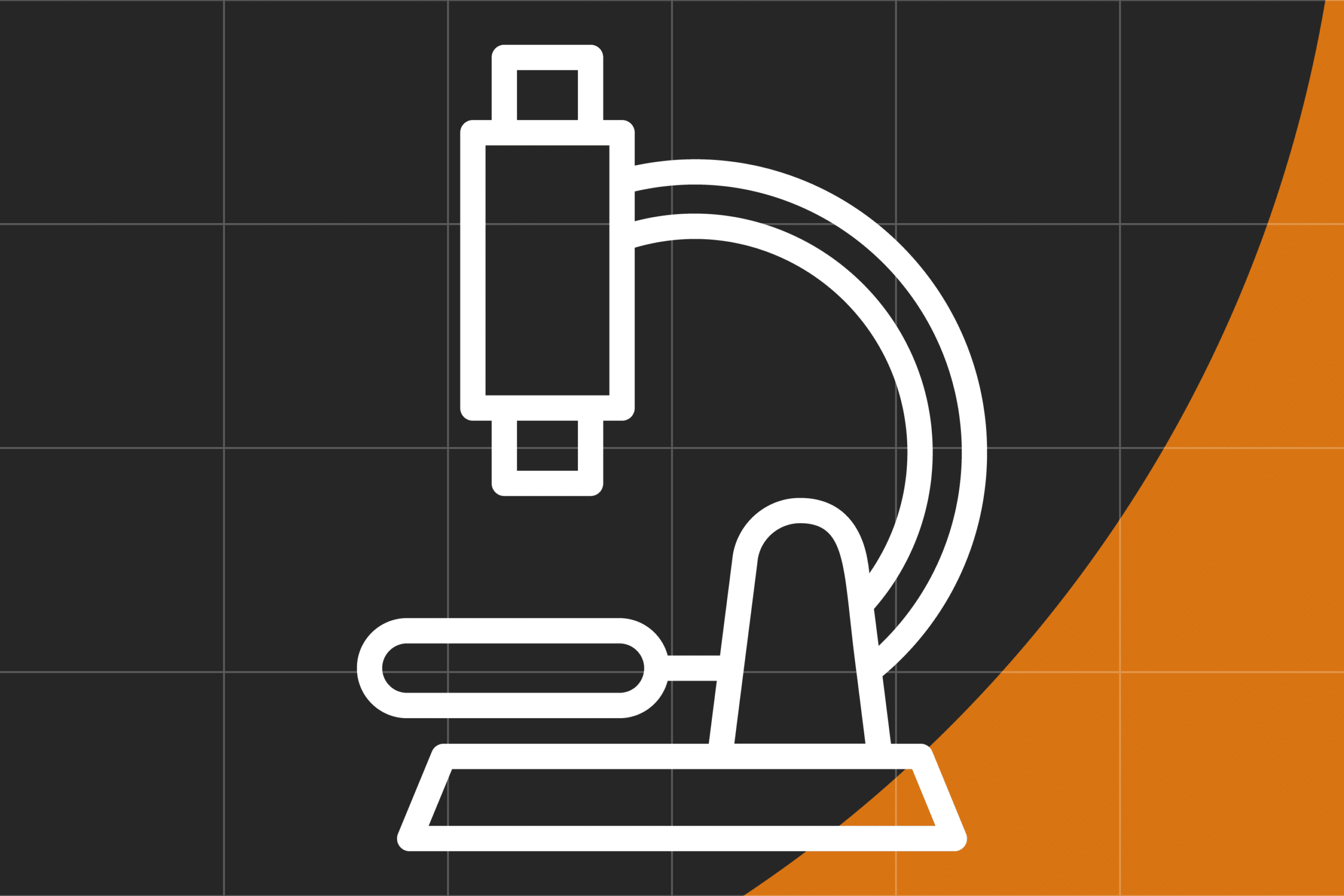
Today, researchers use a variety of imaging techniques to visualize and analyze biological systems, but there are limits to how much—and how well—these tools can see. But Duke BME’s Roarke Horstmeyer and his team are creating new microscopes and imaging algorithms to capture biomedical images at never-before-seen scales.
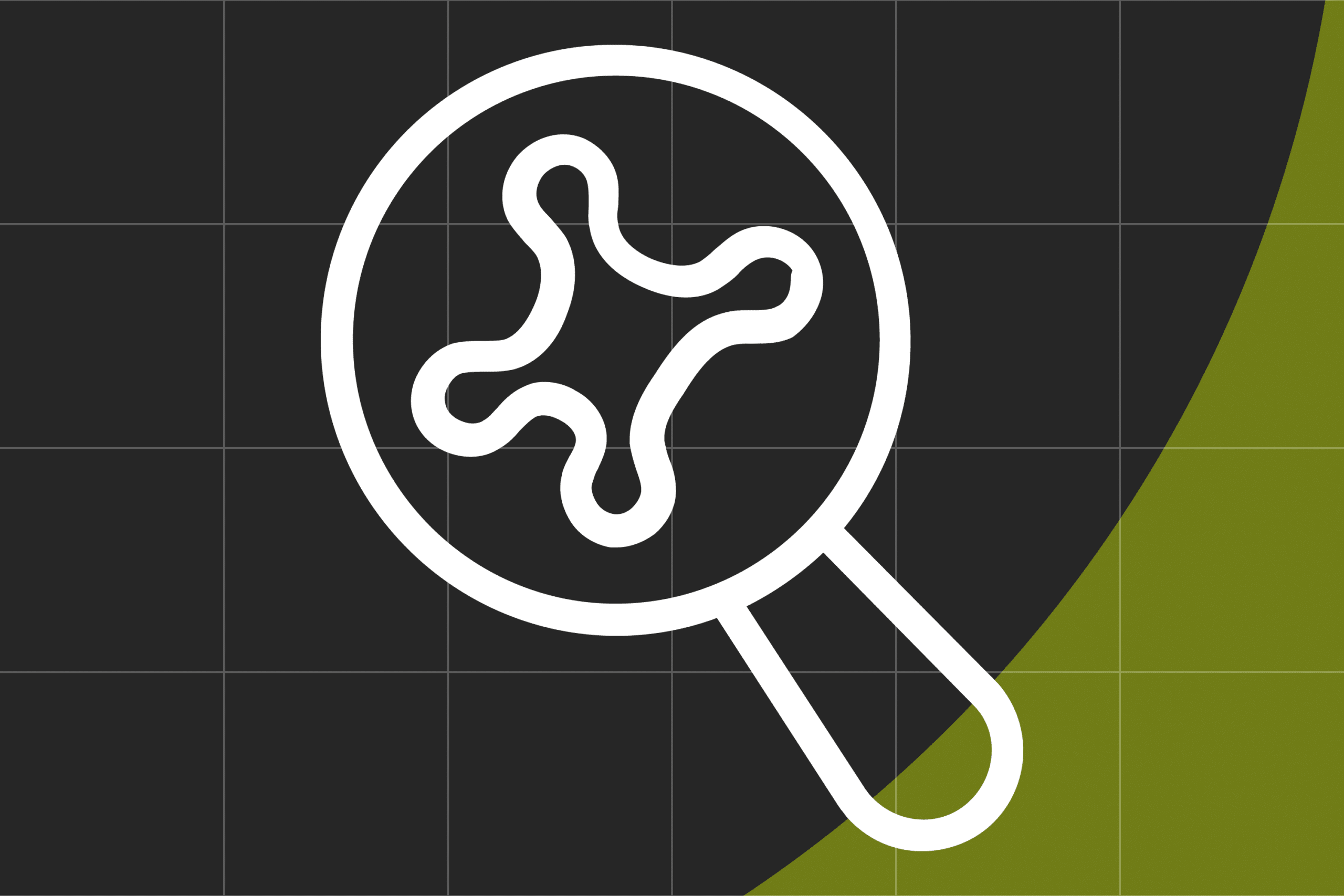
Duke CEE faculty member Andrew Jones investigates how and where bacterial communities thrive in the built environment—and imagines a future water smart grid that’s accessible to everyone.

Duke Biomedical Engineering professor Junjie Yao has helped pioneer the field of photoacoustic imaging, which uses light and sound to create detailed and informative biological images of everything from a single cell to an entire body.

Duke Biomedical Engineering Professor Emeritus Bob Malkin and a string of undergraduates have built a program to deliver anti-HIV medication to birthing mothers in rural settings around the world
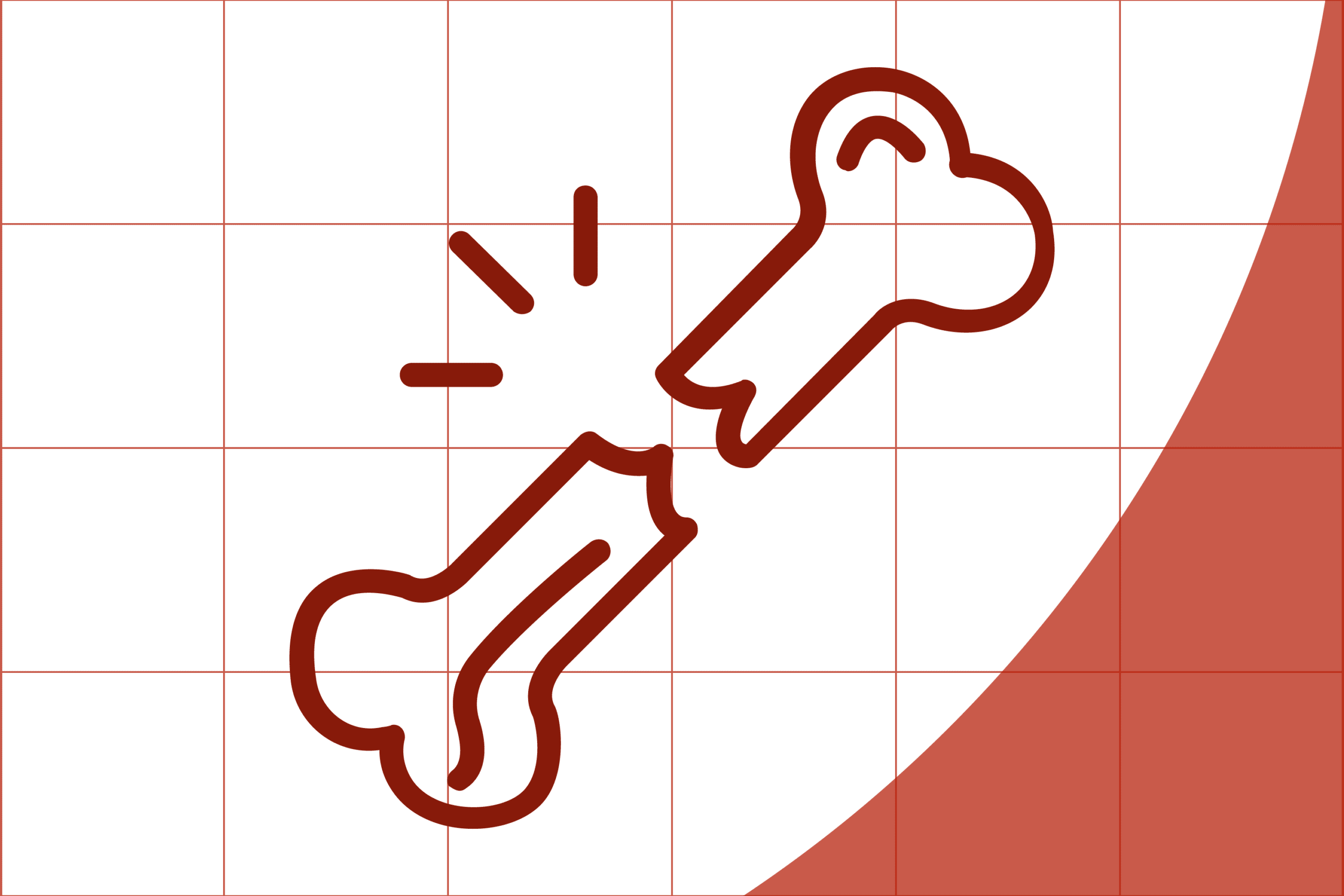
Current drugs for osteoporosis can only slow or stop progression of bone loss. What’s gone is gone. Duke University Professor Shyni Varghese has built a new molecule that rebuilds bone—and may transform osteoporosis treatment.

What’s in our drinking water? Duke professor of civil and environmental engineering Lee Ferguson uses non-targeted analysis to gather clues about chemical contaminants, making it possible to identify them and trace them back to their points of origin.
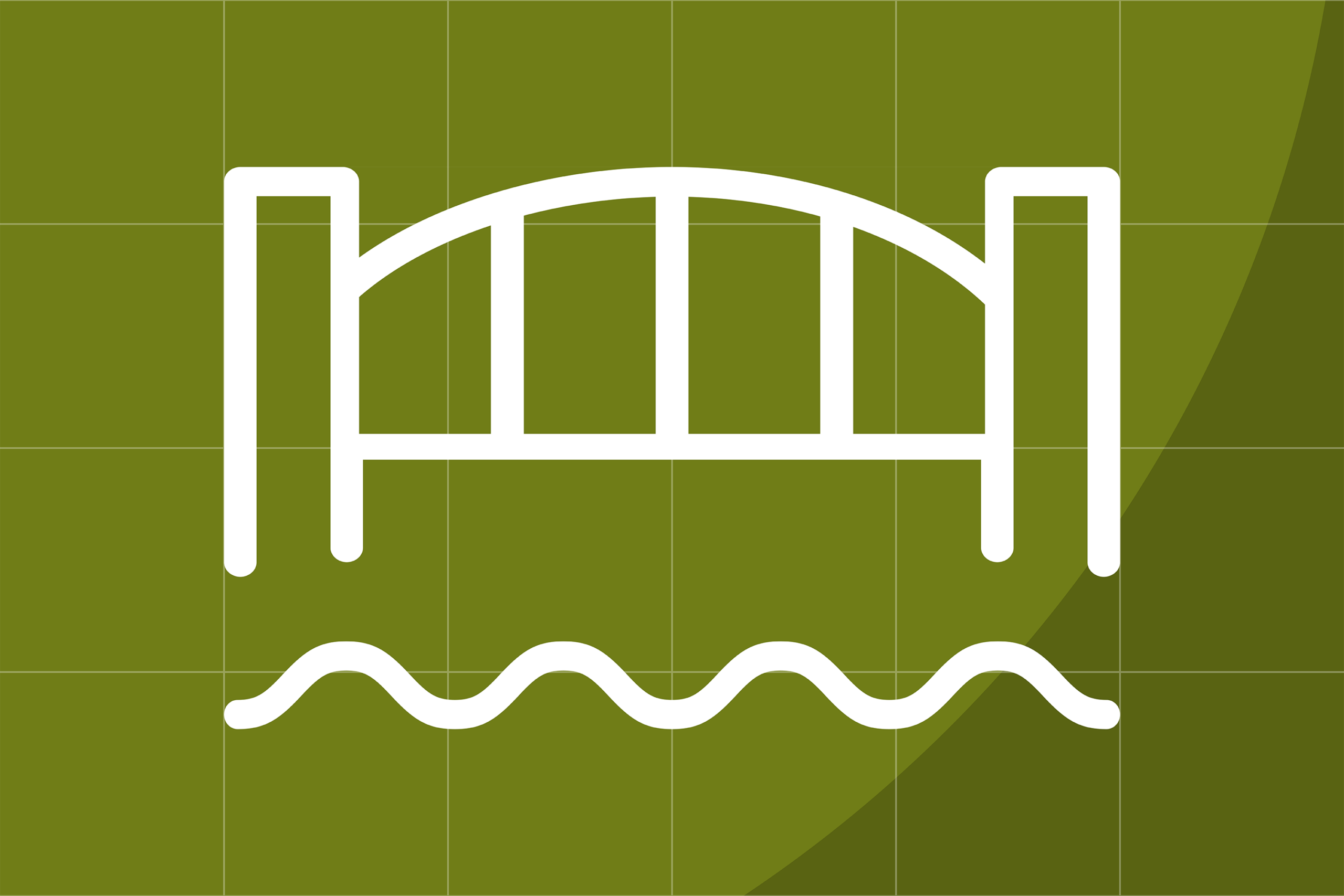
A conversation with Henry Petroski on the current state of disrepair of America’s roads and bridges, why fixing them may require unpopular politics, and what the future might hold for their improvement

Washing our hands with soap and running water for at least twenty seconds helps prevent the spread of pathogens. For areas of the world where water is scarce, ECE faculty member Brian Stoner and his colleagues at WaSH-AID are reclaiming usable water from an unlikely source.
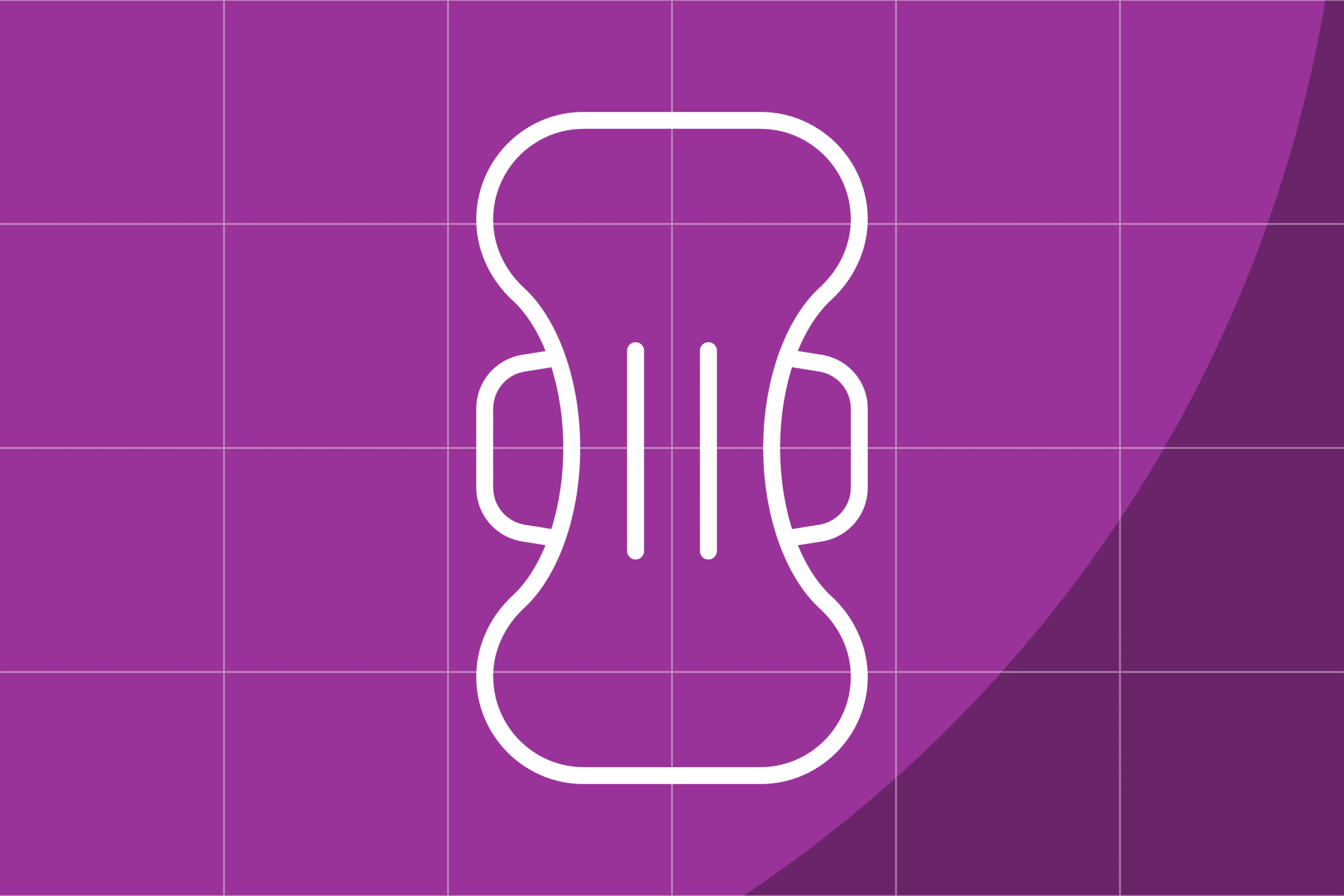
Women and girls* are disproportionately affected when access to safely managed sanitation is lacking. Duke ECE engineer Sonia Grego wants to change that.
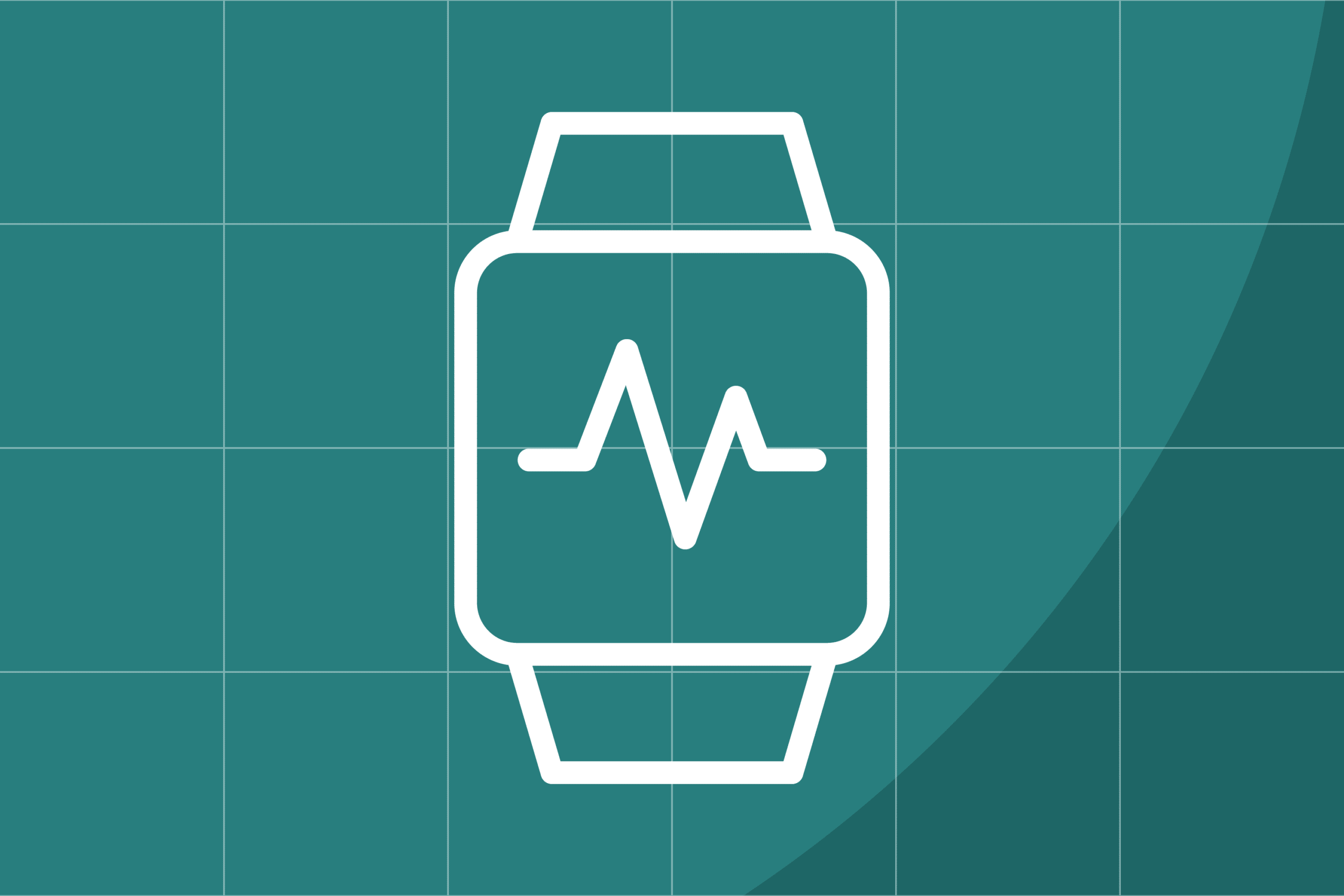
Between measuring our activity levels, heart rate and sleeping schedules, today’s smart watches seem to give us a better picture of our overall health. Duke BME’s Jessilyn Dunn explores the endless potential—and hidden limitations—of this data.

If the last year has shown us anything, it’s that fast and accurate diagnostic tests are key for helping to control the spread of a dangerous disease. In this episode, BME’s Ashutosh Chilkoti and his PhD students explain how the lab’s signature diagnostic platform is being modified to quickly and accurately detect COVID-19.

If discovering and designing next-gen materials is like cooking, Duke engineer Cate Brinson is writing the materials cookbook.

Rate of Change is a new podcast from Duke Engineering, dedicated to the ingenious ways that engineers are solving society’s toughest problems.

Air pollution degrades everything from cultural heritage sites like the Taj Mahal, to solar energy production. Duke civil and environmental engineering professor Mike Bergin is trying to fill in some of the knowledge gaps about what the pollution is and where it comes from, to better manage its effects.

Duke professor David Katz works at the intersection of biomedical engineering and reproductive health. His research informs efforts to prevent the transmission of sexually transmitted diseases—most notably human immunodeficiency virus, or HIV.

Cynthia Rudin is a professor of computer science and electrical and computer engineering at Duke University, and an outspoken critic of using black box algorithms for high-stakes decisions.

Duke professor of biomedical engineering Nenad Bursac is learning how muscles can recover from injury, by using stem cells to create new muscles from scratch.

Materials engineer Po-Chun Hsu is developing textiles that heat and cool at the personal level—a scaled-back approach to climate control that could help curb emissions in the U.S.